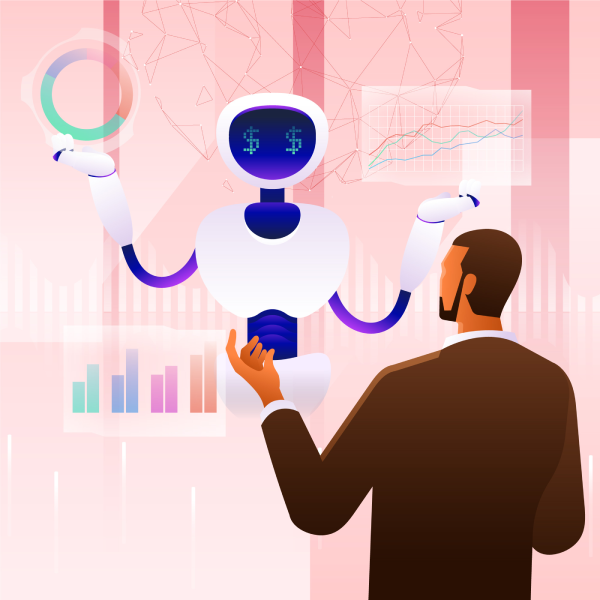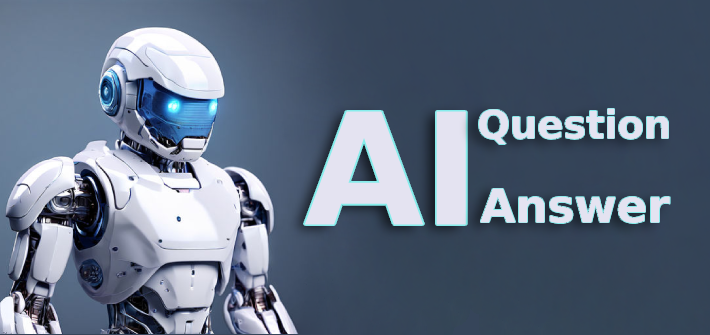AI Question Answer: Unlocking the Power of Artificial Intelligence
In today’s digital age, information is at our fingertips, but finding accurate and reliable answers to our questions can still be a challenge. Enter artificial intelligence (AI), a revolutionary technology that is transforming the way we seek and receive information. In this comprehensive guide, we delve into the inner workings of AI-powered question answer systems and explore how they are reshaping the way we access knowledge.
The Evolution of AI Question Answer
AI question answering systems have come a long way since their inception. What began as simple keyword-based searches has evolved into sophisticated algorithms capable of understanding and interpreting natural language queries. By leveraging advanced machine learning techniques, AI systems can analyze vast amounts of data and provide contextually relevant answers to a wide range of questions.
Understanding AI’s Problem-Solving Abilities
At the heart of AI question answering is the ability to process and comprehend human language. Unlike traditional search engines that rely on keyword matching, AI systems employ natural language processing (NLP) algorithms to understand the meaning and intent behind user queries. This allows them to generate more accurate and nuanced responses, even when faced with complex or ambiguous questions.
The Role of Machine Learning in AI Question Answer
Machine learning plays a crucial role in powering AI question answering systems. Through a process known as training, these systems are fed large datasets containing examples of questions and their corresponding answers. Consequently, by analyzing patterns and relationships within the data, machine learning algorithms learn to identify relevant information and generate accurate responses.

Advantages of AI Question Answer
The rise of AI question answering has ushered in a new era of information retrieval, offering several key advantages over traditional search methods:
- Efficiency: AI-driven question-answering systems swiftly sift through extensive data, offering precise answers and saving users valuable time and effort.
- Accuracy: By leveraging advanced algorithms, AI systems can generate highly accurate responses, minimizing the risk of misinformation.
- Accessibility: AI question answering makes accessing information easier for users of all technical proficiencies, ensuring accessibility for everyone.
- Customization: AI systems can be customized for particular domains or industries, enabling more precise and pertinent responses to specialized inquiries.
Challenges and Limitations
While AI question answering holds great promise, it is not without its challenges and limitations. Some common issues include:
- Ambiguity: Natural language is inherently ambiguous, and AI systems may struggle to disambiguate between multiple interpretations of a question.
- Bias: AI algorithms are susceptible to biases present in the training data, leading to potentially skewed or unfair responses.
- Complexity: Answering certain types of questions, such as those requiring nuanced reasoning or emotional intelligence, remains a significant challenge for AI systems.

Applications of AI Question Answer Technology
Enhancing Customer Support
In the customer service industry, AI question answer systems are deployed in chatbots and virtual assistants to provide instant support to users. These systems can efficiently handle common queries, troubleshoot issues, and escalate complex issues to human agents when necessary, enhancing overall customer satisfaction and efficiency.
Improving Educational Tools
In the field of education, AI question answering technology is revolutionizing the way students learn and engage with course material. Additionally, virtual tutors equipped with AI can answer students’ questions in real-time, provide personalized feedback, and adapt the learning experience to individual needs.
Advancing Medical Diagnosis
AI question answering systems are also being employed in the healthcare industry to aid in medical diagnosis and treatment planning. By analyzing patient data and medical literature, AI systems can assist healthcare professionals in making more informed decisions and improving patient outcomes.
Future Directions
Despite these challenges, the future of AI question answering looks promising. Ongoing research in areas such as deep learning, knowledge representation, and semantic understanding is driving advancements in AI capabilities. As these technologies continue to evolve, we can expect AI question answering systems to become even more sophisticated and reliable, further enhancing our ability to access and utilize information.
Conclusion
In conclusion, artificial intelligence is revolutionizing how we seek answers to our most pressing questions. It powers virtual assistants and enables advanced search capabilities, with the potential to transform nearly every aspect of our lives. Understanding the principles and capabilities of AI question answering systems allows us to harness this transformative technology fully, unlocking a world of knowledge at our fingertips.




